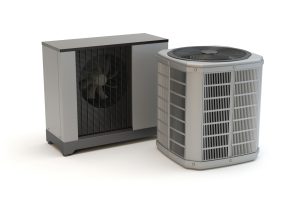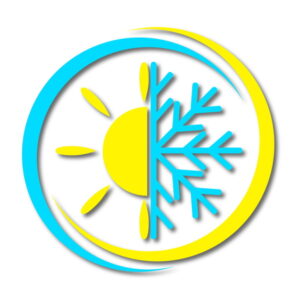A heat pump is one of the most efficient ways to heat and cool your home year-round. But like any HVAC system, it won’t last forever. Understanding the expected lifespan of your heat pump and recognizing the signs of aging can help you avoid costly breakdowns and unexpected discomfort. So, how long does a heat pump last, and when will it be time for a heat pump replacement in Nashville, TN? Let’s take a closer look.
Not your area? Select your location here:
Select your location to get started:
Not your area? Select your location here:
Select your location to get started:
Premier Heating and Air Blog: Posts Tagged ‘Heat Pump Replacement’
Heat Pump Life Expectancy: When Should You Replace One?
Monday, March 3rd, 2025Your Heat Pump’s Life Expectancy: What You Need to Know
Monday, February 17th, 2025As a homeowner, you rely on your heat pump to keep your home comfortable year-round. Whether it’s heating your home in the winter or cooling it during the summer, your heat pump works hard to maintain the perfect indoor temperature. But like any other HVAC system, a heat pump won’t last forever. So, how long can you expect your heat pump to last, and what can you do to extend its lifespan to put off heat pump replacement in Maysville, KY?
Watch for Signs of a Heat Pumps That’s Too Old
Monday, October 14th, 2024You can expect to get a good service life from your heat pump if you remember to have it regularly maintained and always call promptly for repairs whenever the unit needs them. (Important reminder: because heat pumps work around the year, they need two maintenance visits per year.)
However, any heat pump has a limited service life, usually from 10-15 years. When a heat pump becomes too old, no amount of regular maintenance or repairs will be able to turn it around and restore it to its original condition. It’s possible to force a heat pump to work for several years longer if you keep having it repaired, but this is costly and the heat pump will perform at much lower effectiveness while causing your utility bills to spike.




